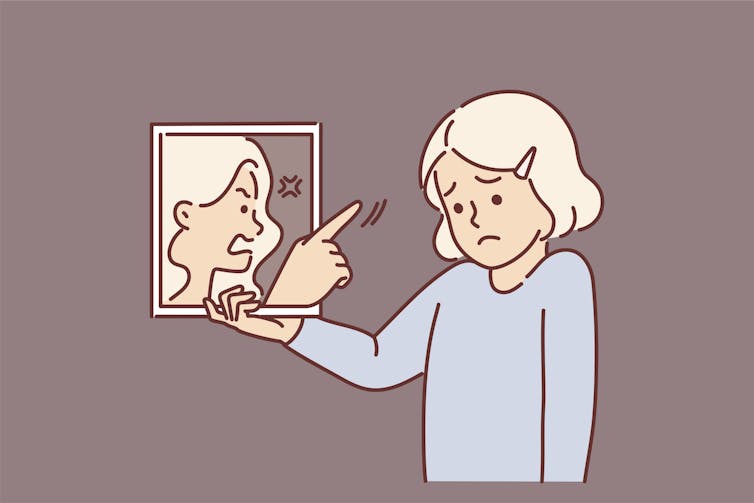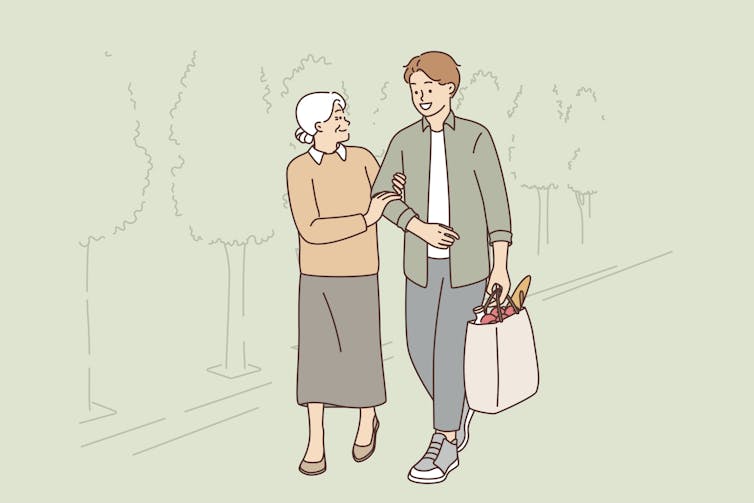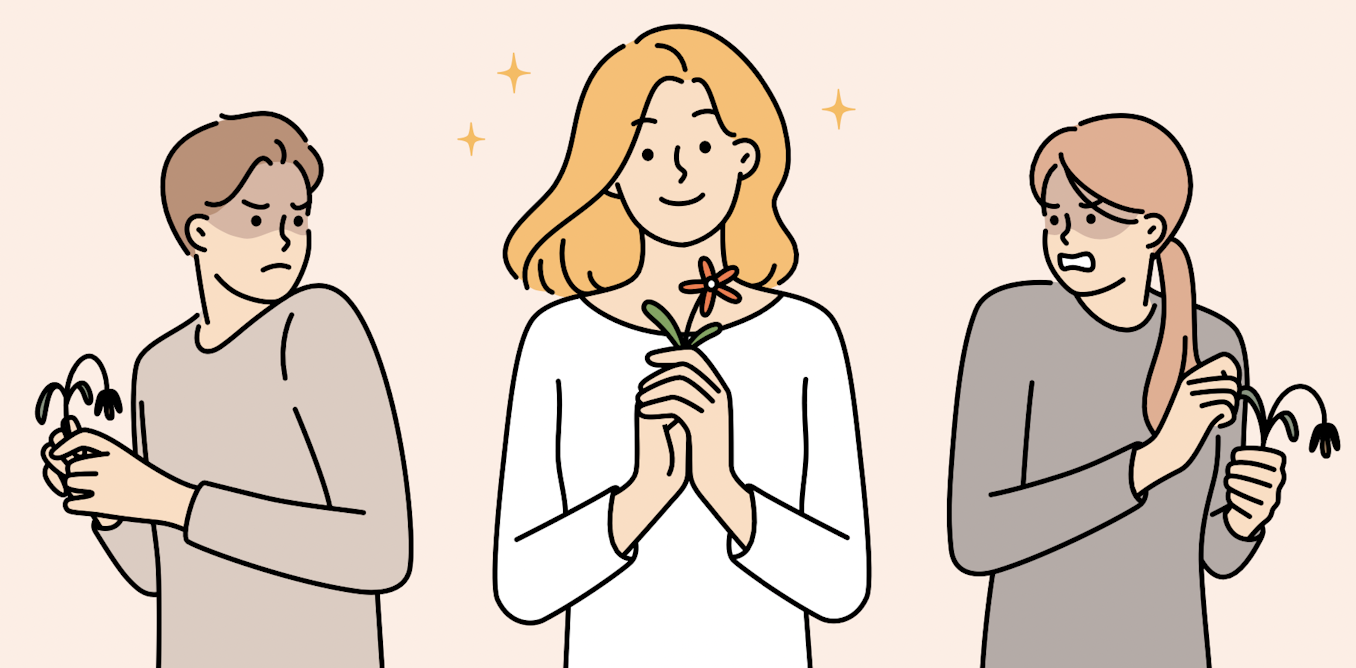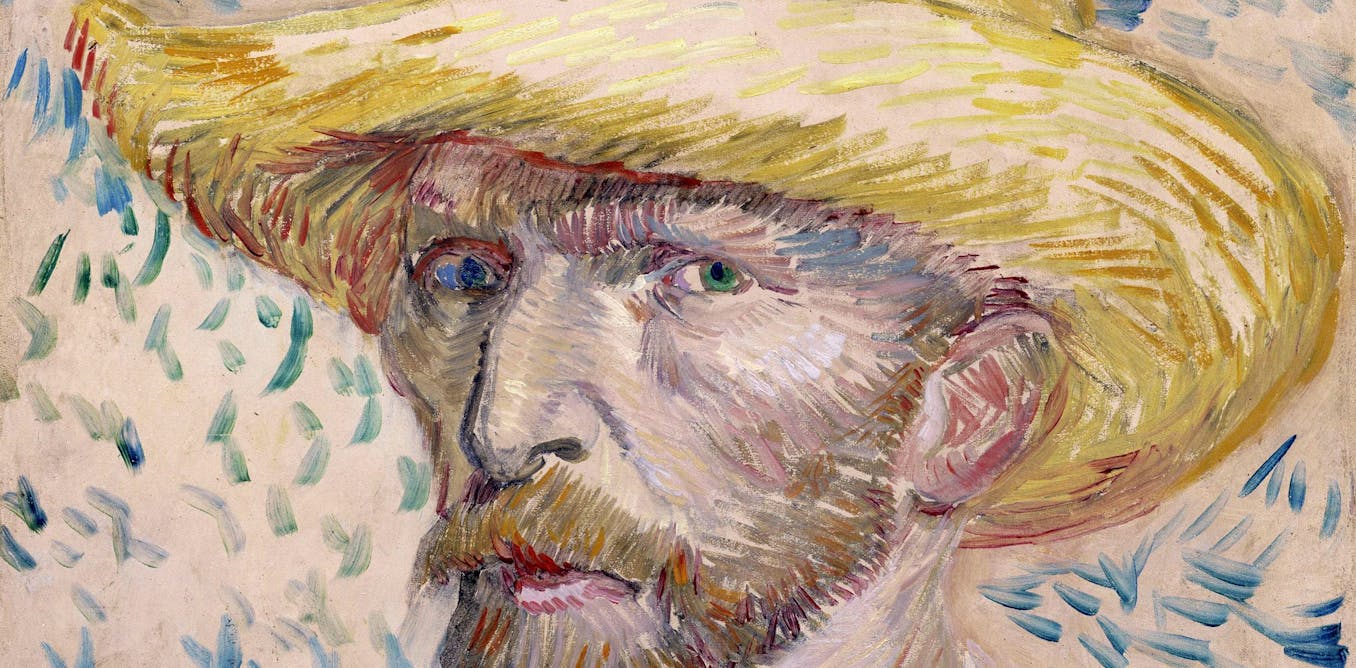In many ways, I feel like we shouldn’t be happy with what we have. We live in a world of tremendous inequality and cruelty, running towards an environmental wall. Not just that, but some of the best people I know are chronic persistors: they know how not to accept the unacceptable.
But we also live in an economy that profits from and purposefully generates private feelings of lack, want, comparison and envy. Somewhat counter-intuitively, this envy often spurs on the feelings of lack and want, rather than the other way around. This is the genius of advertising: to generate “perceived” (aka fake) needs. I see someone living a “good” life – exciting, sexy, creative – and now I want what they have: the shoes, watch, holiday, you name it.
Envy requires comparison. And comparison requires a scale by which to rank ourselves. Popular culture offers quite a few. Being the object of sexual desire (think of “matches” on dating apps) for example, or digital social connectivity (think of “followers” or “likes”). These can all play a role in shaping your sense of personal success or failure.
Ready to make a change? The Quarter Life Glow-up is a new, six-week newsletter course from The Conversation’s UK and Canada editions.
Every week, we’ll bring you research-backed advice and tools to help improve your relationships, your career, your free time and your mental health – no supplements or skincare required. Sign up here to start your glow-up at any time.
Sometimes, these are presented in a unified pseudo-metric of success. Take for example the idea of a “high-value man”. The parts of the internet that use the concept tend to celebrate having money, a wide social network and being useful to others. This often veers into celebrating material wealth and superficial self improvement as the path to success and sexual attractiveness. The viral TikTok song I’m Looking for a Man in Finance is an only mildly exaggerated spoof of this ideal.
The implicit assumption is that having more “good things” than others means being more valuable as a person. But behind this there are a host of hidden assumptions – not least that you can “own” the genuinely valuable things in life (as opposed to being them).
These hidden assumptions usually reveal deep seated shame – the feeling that you are not enough as you are. And that you are not entitled to set the parameters that define the success or failure of your own life.
Feeling bad about yourself is not always unhealthy. A healthy negative feeling lets you know if you have done something wrong, or acted in a manner that does not meet your own moral standards. This feeling calls for you to change your ways.

Alphavector/Shutterstock
The unhealthy feeling, that I am calling “shame”, is not merely the feeling of embarrassment or moral doubt. Rather, it is (to follow vulnerability researcher Brené Brown’s definition) “the intensely painful feeling or experience of believing that we are flawed and therefore unworthy of love and belonging”.
This feeling is so psychologically painful that you may reflexively do all you can to remain unaware of it. This denial means that you can start to see your own critical inner voice (itself shaped by past negative experiences) as animated by an “objective” social reality, telling you not just that you’re failing, but that you are a failure. This is often called “projection”.
Other times, when you can bear to consciously feel this emotion, you may seek to negotiate with it and offer remedial actions to the universe to make up for recurrent feelings of worthlessness. In darker times still, shame can overtake your whole life, paralysing you and creeping into the quietest parts of your private self.
How to combat shame and be happy with what you have
Shame can be a remarkably sticky emotion. Identifying and interrogating it can be helpful. Working on revising how you understand your self and your relationship to others can also help. The options are many, but for the sake of illustration here are three that speak to me.
1. Stoicism
Stoics believed that your essential nature is stable and the project of life is to fulfil this nature and flourish. When making judgments, people ascribe value to an imagined state of affairs (“it would be really great if I were thinner”) and a belief that a specific course of action will make it a reality (“going without chocolate will return the figure I had in my teens”).

Alphavector/Shutterstock
Both of these can be false, because the things you desire can actually be bad for you, and you have less control over the future than you tend to think. Stoics thought people should try to get the relationship between their emotional state and the goods they pursue into harmony, seeking self-mastery in order to flourish.
To this end, stoic ethics demand that you recognise and cultivate habits that put you in touch with your own nature within the wider world – starting from the self, expanding to the family, the community, the state, humanity and ultimately the cosmos.
2. Existentialism
In contrast, existentialism requires paying attention to the lack of any ultimate purpose in human life. No one thing can ever fully define who you are. Your capacity to reinvent yourself, to value something new, to start a fresh project, is yours alone.

Alphavector/Shutterstock
The empty feeling of meaninglessness you sometimes encounter when you have finally achieved a long sought after goal (like getting that big promotion) can be dizzying. But this feeling is a reminder of the fact that nothing in your nature demands that you achieve any one thing. It’s up to you.
You must face authentically the fact that you are free and therefore responsible for your projects and the meaning you give to them.
3. Humanistic psychotherapy
A humanistic psychotherapeutic perspective offers a middle way. It invites you to look upon yourself with compassion, seeing yourself as complex, responsible and yet also imperfect and vulnerable, always involved in a richly evolving tapestry of relationships that ultimately gives meaning and purpose to your life.

Alphavector/Shutterstock
This means that relationships and the recognition you give and derive from them provide the only solid basis for confronting that most important question – “who am I?” – ultimately seeing you through your darkest times. But this means that you need these relationships to be genuine, kind and honest so that you can see yourself and others for the frail, evolving and unique individuals that we all are.

The post “How to be happy with what you have – and avoid the trap of comparison” by Joshua Forstenzer, Senior Lecturer in Philosophy and Co-Director of the Centre for Engaged Philosophy, University of Sheffield was published on 02/18/2025 by theconversation.com





































Leave a Reply